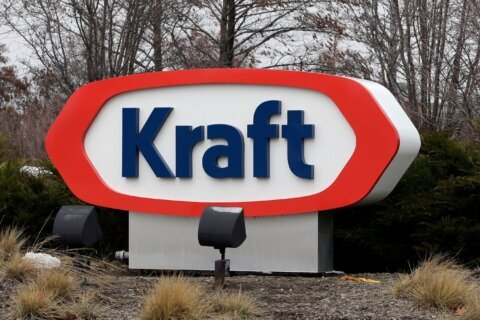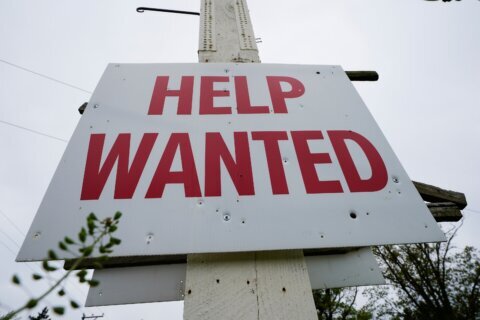Travelers are returning to hotels, and the hotel industry as a whole is beginning to recover. But the stabilization is not across the board.
The American Hotel & Lodging Association said urban hotels — those in city centers — are in what it calls a depression, with room revenue down at least 50% from pre-pandemic levels. In the District, AHLA reports revenue per available room, an industry standard for hotel bookings, is down 65%.
“D.C. is among the worst, along with New York, Chicago and a few other large cities,” said Chip Rogers, president and CEO of AHLA. “All of the large conventions that normally come to Washington, D.C., are not coming so far.”
Business travel is not expected to return to 2019 levels until at least 2023 or 2024. About 60% of all hotel industry revenue comes from business-related travel.
Add to that the lack of vacation travelers who are booking in big city hotels like D.C. The leisure travel recovery for summer vacations has largely been in beach and resort destinations.
The AHLA and UNITE HERE, the largest union of hospitality workers in North America, are lobbying for Congressional passage of the Save Hotel Jobs Act, which would provide assistance to hotel industry workers until travel returns to pre-pandemic levels.
Rogers said the U.S. hotel industry has largely not received the attention to pandemic recovery assistance it needs compared to other businesses in the leisure and hospitality industry, such as restaurants. Part of that may be due to the misconception that hotels are owned by deep-pocketed global corporations.
“The hotel industry is a lot more like the restaurant industry,” he said. “We are an industry that is made up of small business franchisees. So, the name you see at the top of the hotel is normally not the company that owns the hotel.”
Hotels began shutting down almost 16 months ago, and many workers in the industry have moved to other jobs. Like restaurants, hotels are struggling to fill the job openings they have, in the destinations where leisure travel has returned.
“Demand is there to fill up the hotel. But you don’t have the employees,” Rogers said.
“So they are having to shut down sections of the hotel, close off rooms, just because there are not enough employees. And that is a terrible position to be in when you’re attempting to recover from something like we’ve had to experience.”
The AHLA estimates the pandemic wiped out 10 years of job growth in the lodging industry.
UNITE HERE says 98% of hotel industry workers in the U.S. were laid off at the peak of the lockdowns, and more than 70% of those are still not working in the industry today.
The leisure and hospitality industry in the U.S. has lost 3.1 million jobs during the pandemic that have yet to return. That is about one third of all unemployed persons in the U.S.
Aside from urban hotels — and AHLA ranks D.C. the third hardest hit among big cities in that category, behind San Francisco and Boston — suburban and airport hotels are in what AHLA classifies as a recession, with room revenue down at least 20%.
But interstate, small town and resort hotels are all in recovery and stabilization mode.








